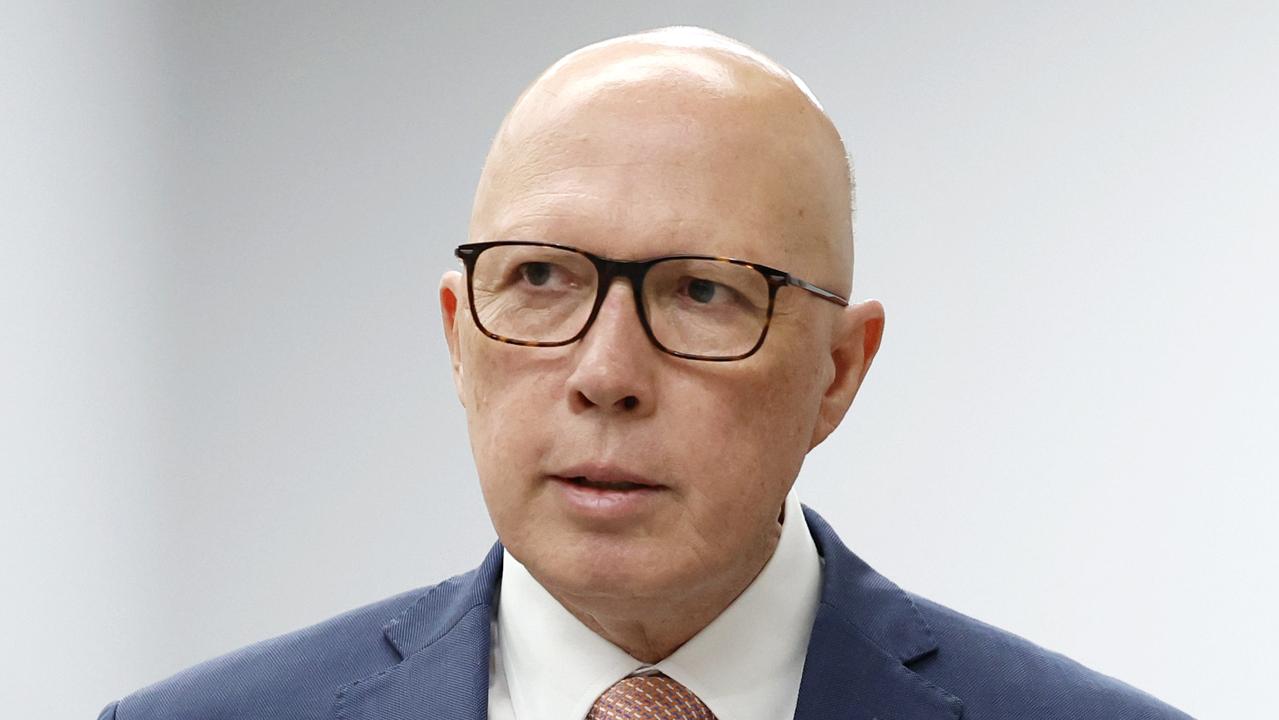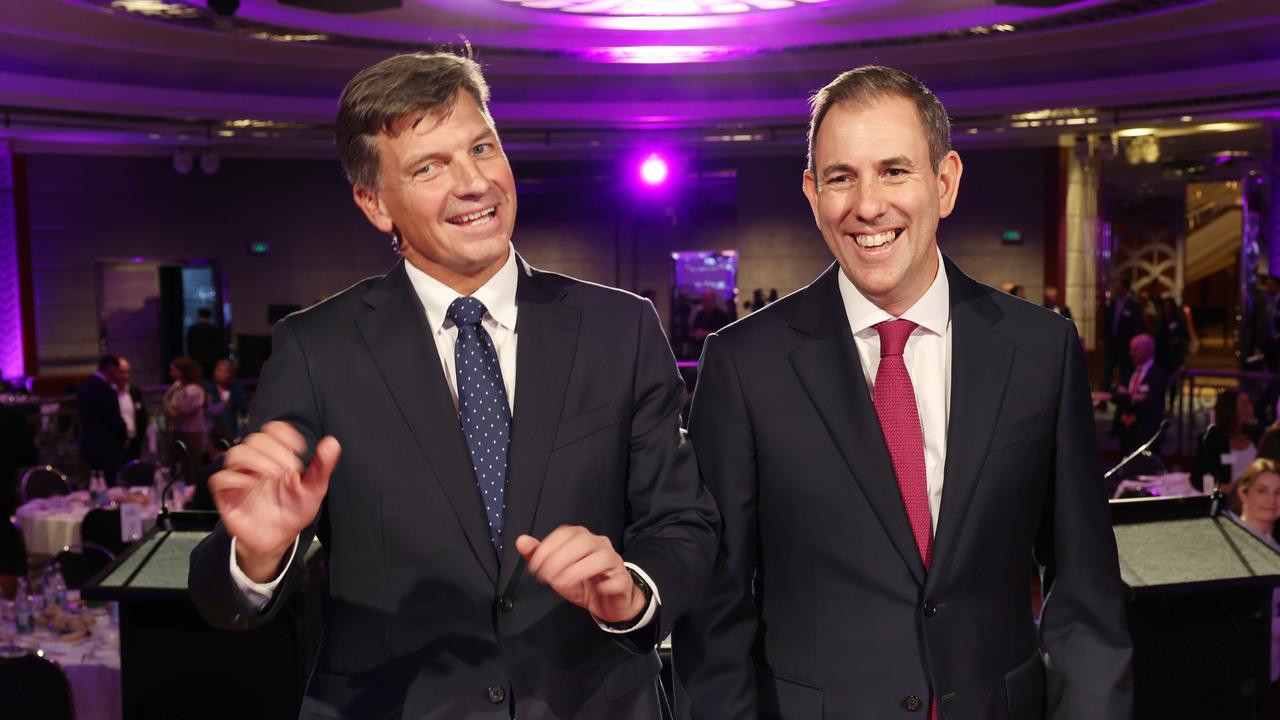Lawyer X: Murder confession withheld to protect Nicola Gobbo
An attempt by Victoria Police to conceal Nicola Gobbo’s secret life as a registered informant prevented “significant evidence’’ from being put to a jury.
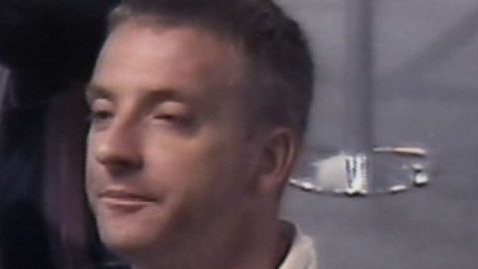
An attempt by Victoria Police to conceal Nicola Gobbo’s secret life as a registered informant prevented “significant evidence’’ from being put to a jury in the most expensive murder case in the state’s history.
The Lawyer X royal commission yesterday produced a statement made by Ms Gobbo to Briars taskforce detectives in 2009 alleging that Mark Perry, who was once Australia’s most wanted fugitive, confessed to her that he arranged the murder of vampire gigolo Shane Chartres-Abbott.
Mr Perry, Warren Shea and Evangelos Goussis were acquitted in 2014 of Chartres-Abbott’s murder after a seven-year, $30 million taskforce investigation which involved salacious allegations that a serving and a former police detective were in on the plot.
The detective who took the statement, lead Briars investigator Ron Iddles, has previously said he took a statement from Ms Gobbo but refused to include it in the brief of evidence over fears it would have exposed her role as a police informant and result in a royal commission into Victoria Police.
Detective Senior Sergeant Peter Trichias, a senior investigator who worked on the Chartres-Abbott case, told the royal commission he knew of the statement but had never read its contents before yesterday.
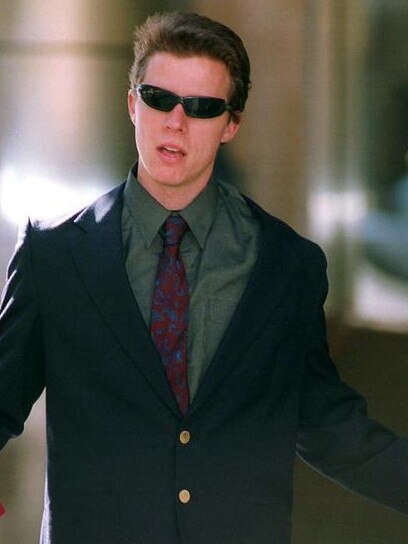
In the statement, Ms Gobbo recalls meeting Mr Perry in the office of Jim Valos, a well-known criminal solicitor. She said she had represented Mr Perry, a local drug dealer, and his brother.
“At some point during that encounter Valos was engaged in a telephone call and Perry started to tell me of his involvement in the murder of Chartres-Abbott,’’ her statement reads.
“He told me that he had arranged for Chartres-Abbott to be murdered in retribution for the rape of a girlfriend or an ex-girlfriend.’’
Mr Perry denied the allegation yesterday. “I have never met the woman. I have never spoken to her,’’ he told The Australian.
Counsel assisting the royal commission Chris Winneke QC put it to Sergeant Trichias that it was potentially an important piece of evidence in the case.
“On one view that is a confession to a murder,’’ Mr Winneke said. “That is pretty significant.’’
“It is, yes,’’ Sergeant Trichias replied.
Mr Winneke: “You were not told of that potential evidence?”
Sergeant Trichias: “No. I would remember something like that.’’
The commission was told the statement included detailed accounts of multiple conversations Ms Gobbo had with Dave Waters, a former police detective accused but never charged of being involved in the murder of Chartres-Abbott.
Had the statement been included as evidence, it would have raised suspicions that Ms Gobbo was a police snitch.
Mr Iddles travelled to Bali in 2009 to take a statement from Ms Gobbo on the instructions of then deputy commissioner Simon Overland. After he returned to Melbourne, he refused a directive to sign the statement and add it to the brief of evidence.
When Mr Perry and his co-accused were acquitted in July 2014, Mr Iddles told The Australian: “I rang back to the office here and said: ‘Do you realise what you are asking me to do?’. I said: ‘You’d better tell Simon this is a bad, bad move’. ’’
Mr Iddles said the statement contained little evidentiary value.
The royal commission was told that Mr Iddles, at the time he took the statement, was aware of Ms Gobbo’s role as a registered informant and had been provided extensive material by her police handlers.
Sergeant Trichias told the royal commission the statement should have been shown to the three men who stood trial for the 2003 murder.
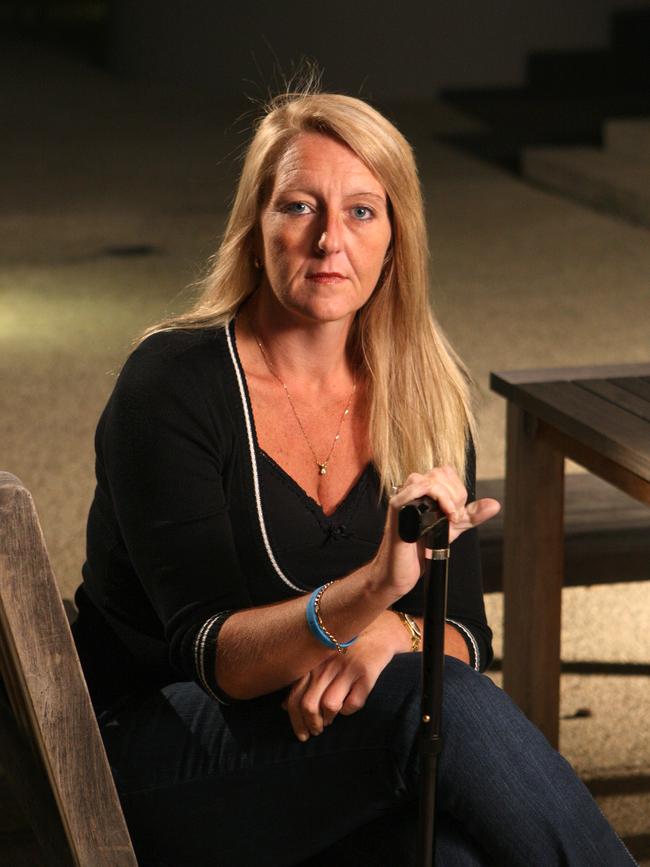
Mr Waters told The Australian yesterday: “It is a classic example of putting them above the judiciary. How can they withhold that sort of material?’’
The crown case was that Mr Perry arranged for the murder of Chartres-Abbott, a male prostitute who once claimed to be a 200-year-old vampire, to avenge the rape and mutilation of his ex-girlfriend, an exotic dancer known as Penny. Chartres-Abbott was shot dead outside his Reservoir home in Melbourne’s north the day he was due in court to defend himself on rape and assault charges.
Shortly after the Briars taskforce was formed, Mr Perry disappeared and remained on the run for many years.
Victoria police issued a $1m reward for information leading to his capture.
The Briars investigation was built on the shifting evidence of a career criminal and convicted killer known as Jack Price. It was Price who, despite not being a suspect in the case, confessed to shooting Chartres-Abbott when he was in jail for other crimes.
Over the course of six statements and as many years, he implicated Waters and then serving detective Peter Lalor in the murder, prompting Mr Overland to declare the case a “showstopper’’.
The royal commission heard evidence that Ms Gobbo visited Price in jail in August 2006, at the time he was talking to police about the Chartres-Abbott murder. During the Victorian Supreme Court trial, Price said one of his reasons for implicating himself in the murder was a jailhouse conversation he had with Ms Gobbo.
From the witness box, he taunted crown prosecutor Andrew Tinney: “Why don’t you ask Lawyer X?’’
The case collapsed when Price recanted his central allegation; that he was approached by Mr Shea on behalf of Price to murder Chartres-Abbott.
In his final day of testimony, he said he had been asked only to harm Chartres-Abbott.
Price pleaded guilty to the murder of Chartres-Abbott but, under a deal agreed to by police and prosecutors, was not asked to do an additional day in jail for the crime. There are now serious doubts he had any involvement in the murder of Chartres-Abbott.
The royal commission’s hearings continue.

